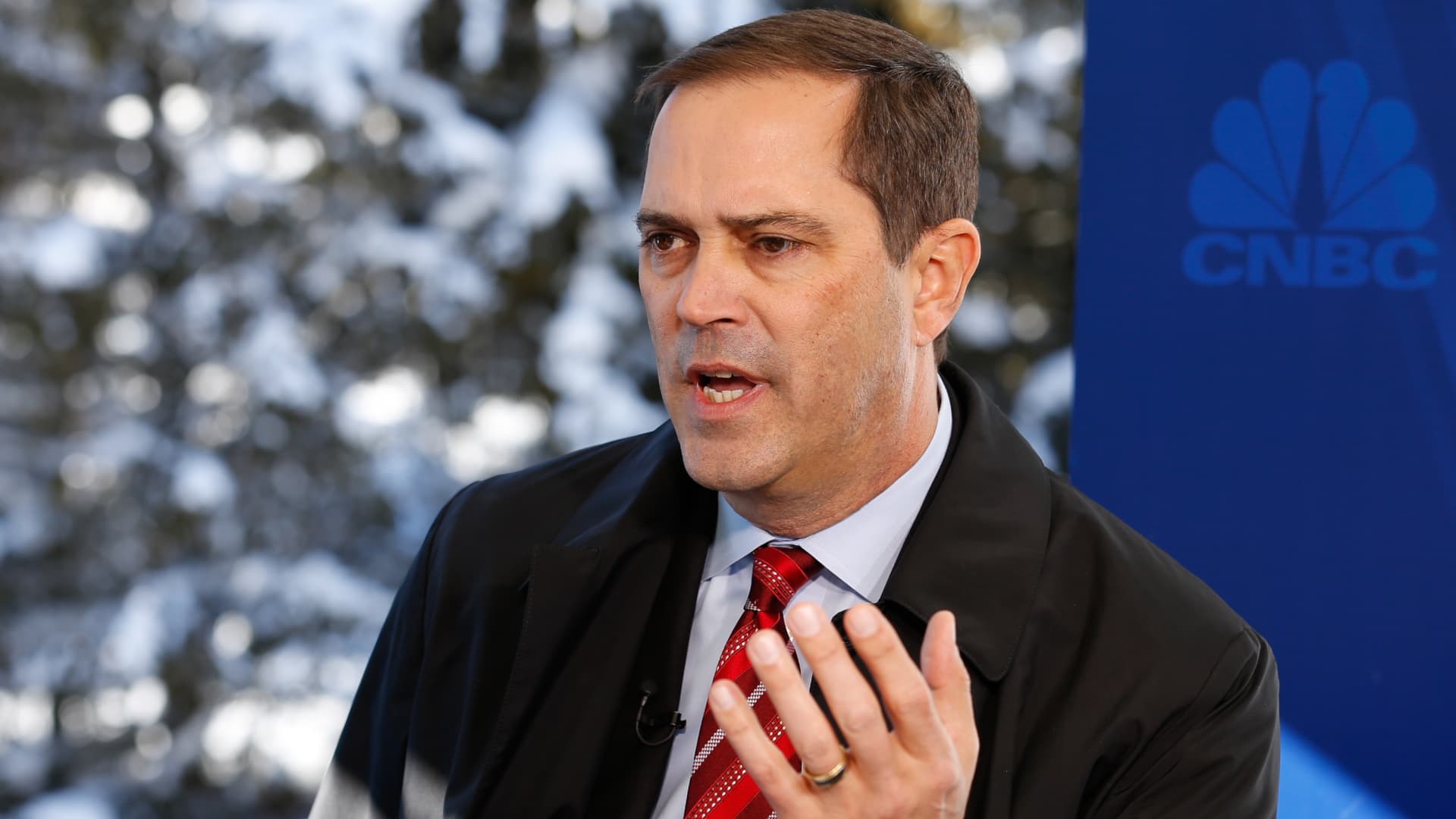German State Bans Hijab For Teachers
The legislature of Baden-Wuerttemberg, led by a coalition of the Christian Democratic Union and the liberal Free Democrats, of state voted unanimously Thursday, April1 , for the new law.
It will go into effect on April8 , with the exception of Christian and Jewish symbols, much to the consternation of the Muslim community.
Because the Muslim dress code is "open to interpretation" including a possible espousal of the "Islamist political views," it had no place in the classroom, State culture minister Annette Schavan said, according to Agence France-Presse (AFP).
The State justice minister voiced reservations, saying the law could be easily invalidated by the constitutional court for its religious discrimination.
The court, Germany’s highest tribunal, ruled in September that Baden-Wuerttemberg was wrong to forbid a Muslim female teacher, Fereshta Ludin, from wearing a hijab in the classroom.
But it said Germany’s 16 regional states could legislate to ban religious dress code if it was deemed to unduly influence children.
Six states have now put forward draft laws banning hijab or other religious symbols in public institutions.
The latest came this week when the left-wing government in Berlin agreed on a sweeping ban on religious insignia that would cover not only Muslim hijab but also large Christian crosses and Jewish skullcaps. It will apply to police officers, judges and bailiffs as well as public school teachers.
Analysts said the Thursday ban came to reflect a wide perception of hijab as a political symbol.
In Islam, hijab is a religious obligation which has nothing to do with portraying any political affiliation.
Criticism
Muslim groups have fiercely slammed hijab bans as compromising their freedom of religious expression.
The ban could upset relations between the community members and the state.
German President Johannes Rau said in an interview published December28 , that there is nothing wrong for Muslim women to put a piece of cloth atop of their heads in obedience to their religion.
Rau said also if hijab was banned, all crosses and other religious signs should be taken off as well.
The President asserted that hijab should not be a cause for concern inside the German society as these concerns as groundless.
Now, they are not, with the ban is expected to be applied in other states.
In Hesse state, the dominant party, the conservative Christian Democrats’, proposed in February a ban on Muslim civil servants wearing hijab.
Claiming the covering is a political rather than religious statement, the party leader, Franz-Josef Jung, hoped the ban would come into effect by the summer.
The ban also highlights division in the county on the hijab, amid fears its ban could isolate the Muslim community and disrupt integration plans.
On January7 , officials of Baden-Württemberg decided to introduce Turkish as an optional language in all schools, to the satisfaction of the Turkish majority there.
However, the message came mixed as Chancellor Gerhard Schroeder voiced in December his opposition to public servants wearing hijab, but that he was not against students taking them on in schools.
Outrage
The reaction of Muslims to the Baden-Wuerttemberg ban was expected to be one of fierce outrage.
The Central Council of Muslims in Germany had earlier blasted the state’s decision to ban teachers from wearing hijab as opening the door for other states to issue similar blanket bans.
"That would be a severe action against Muslims," council chairman Nadim Elias had said.
"Wearing hijab had become part of everyday life here."
Despite the wide official opposition, Muslims still have support, which they hope to be much reinforced against similar ban moves
Marieluise Beck, the federal government’s point woman on immigration, refugees and integration, is a vocal opponent to the ban.
"The headscarf worn by some Muslim women has long been considered normal in Germany," she has said.
"In the debate on the Muslim headscarf, this piece of cloth is often a surface on which to project fears, anxieties and hasty generalizations." The ban came less than two months after French lawmakers overwhelmingly backed a law to ban the Islamic wear, despite the fierce opposition from the country’s sizable minorities and international rights groups.
French President Jacques Chirac called for the ban allegedly to strengthen the secularism in the country, where more than five million Muslims are populated.
As Muslims in Baden-Wuerttemberg lost a front in the battle of acceptance, the rest of the community in 15 other states have nothing but to wait for feared similar actions.



